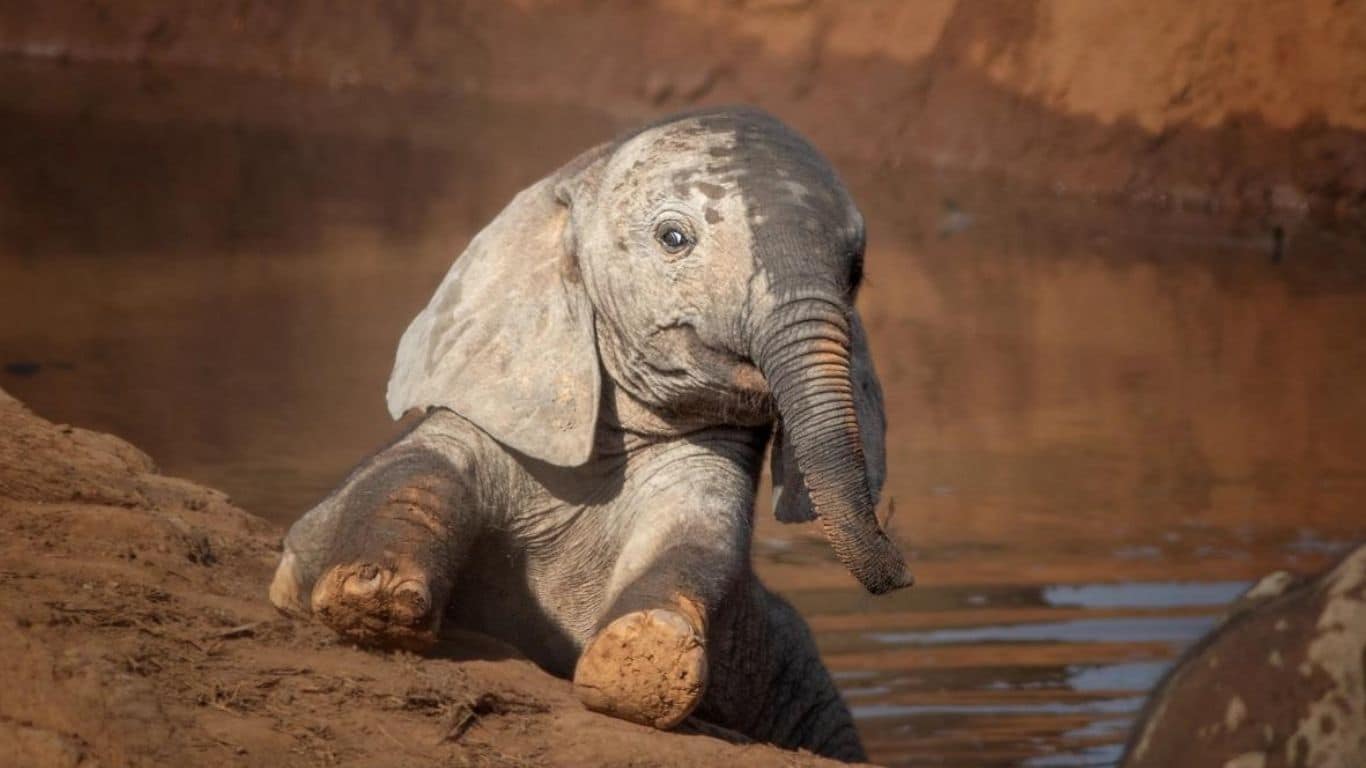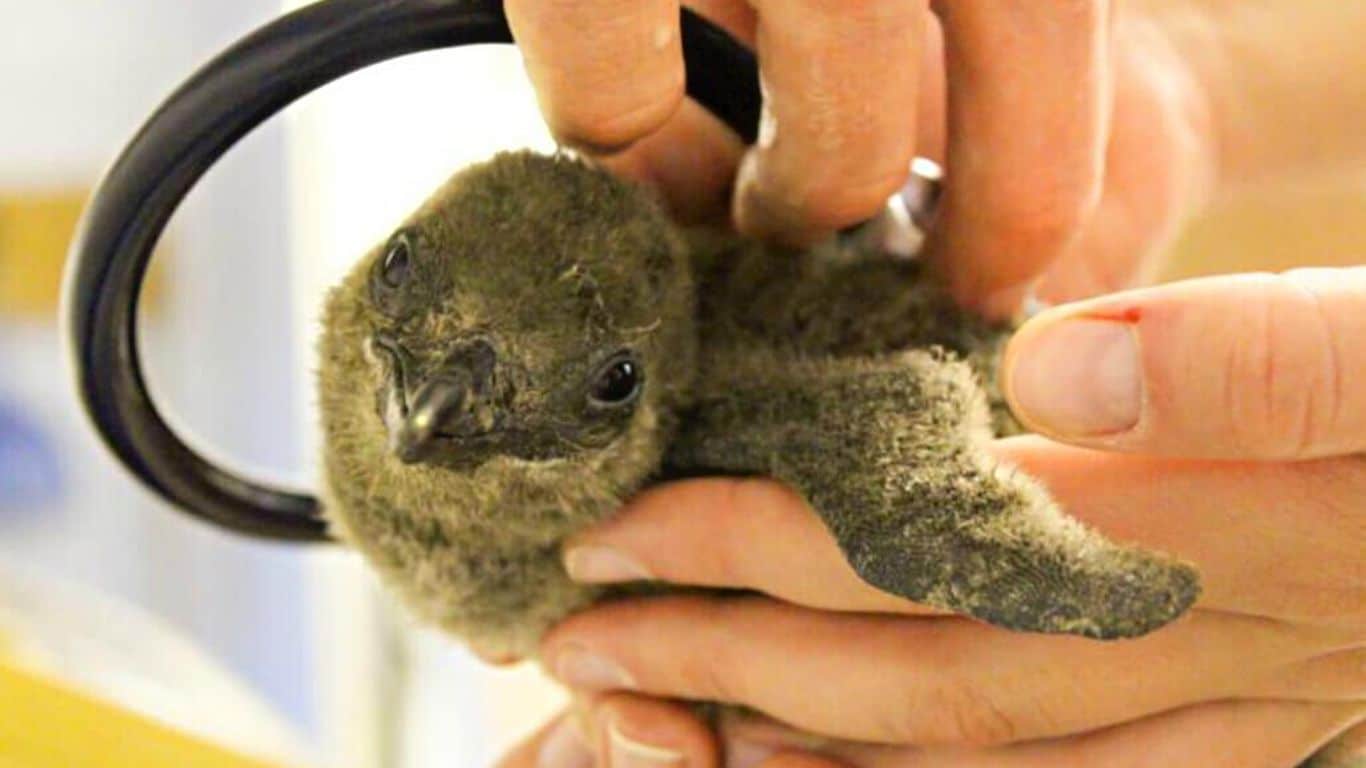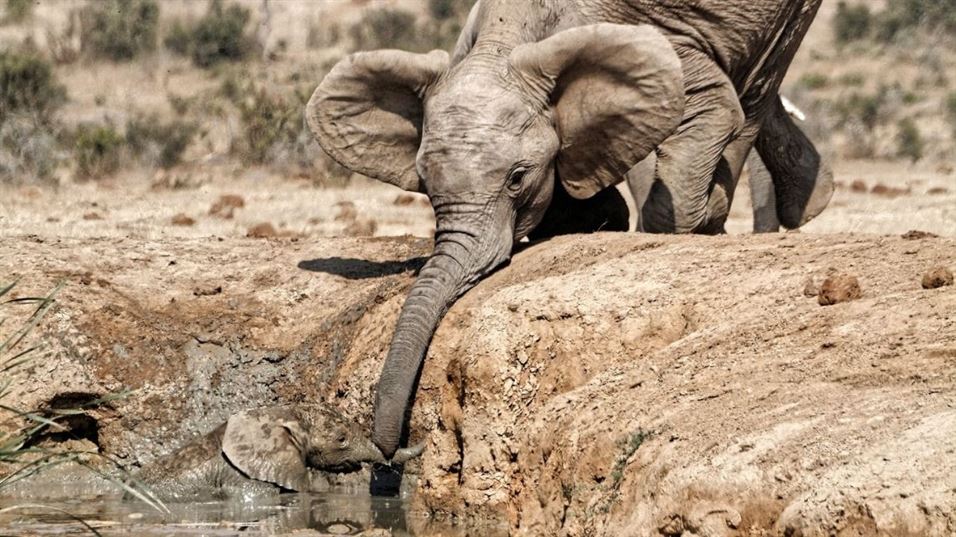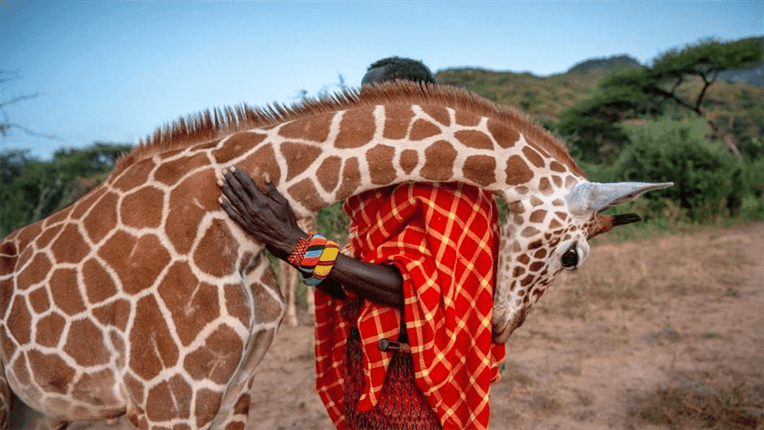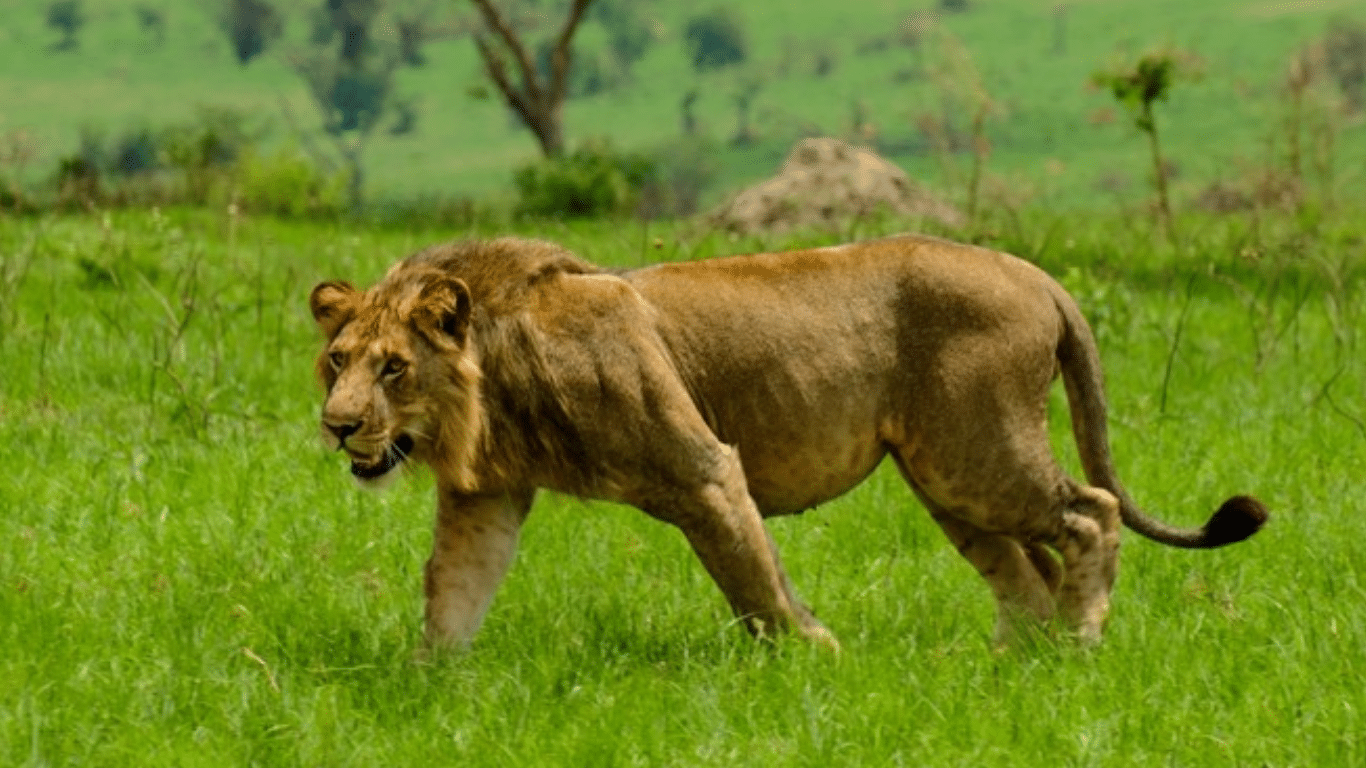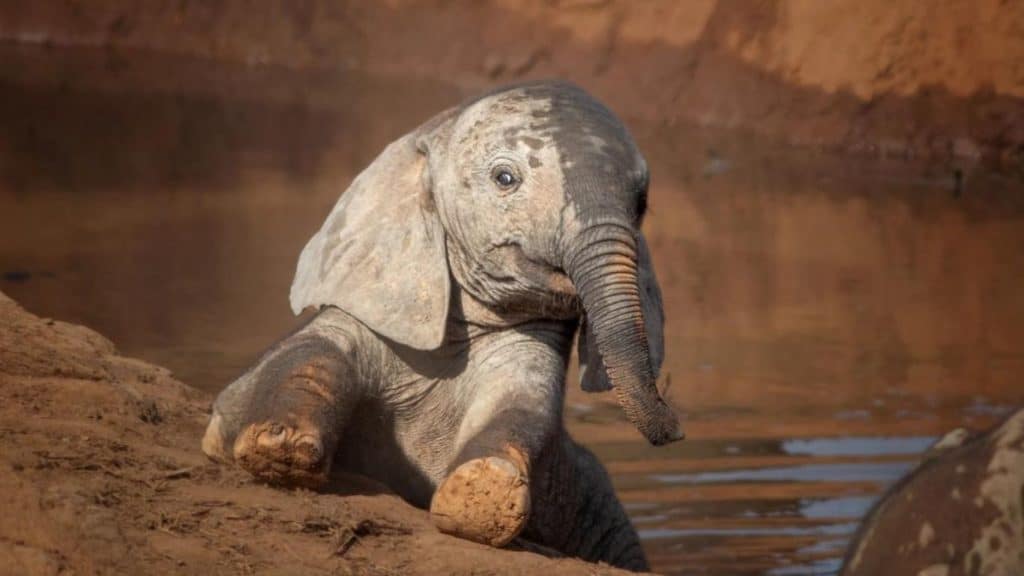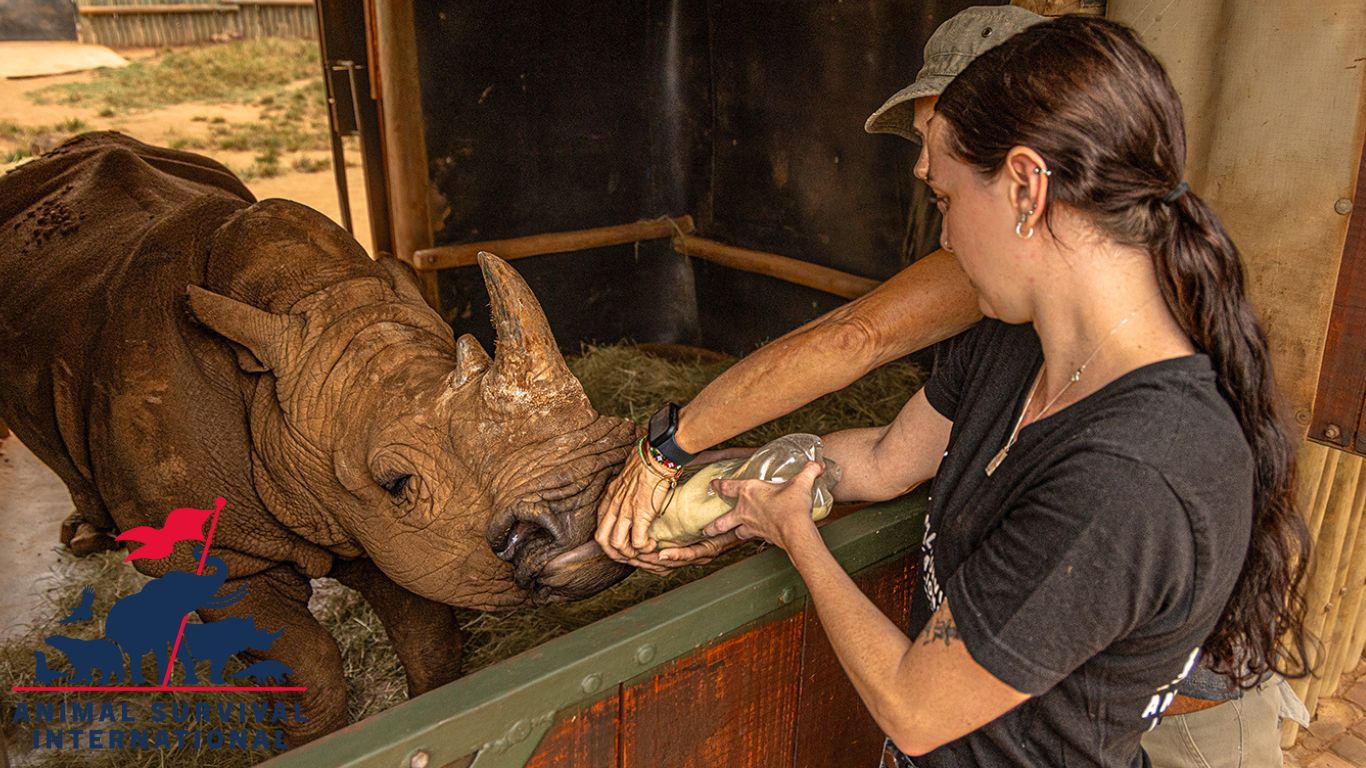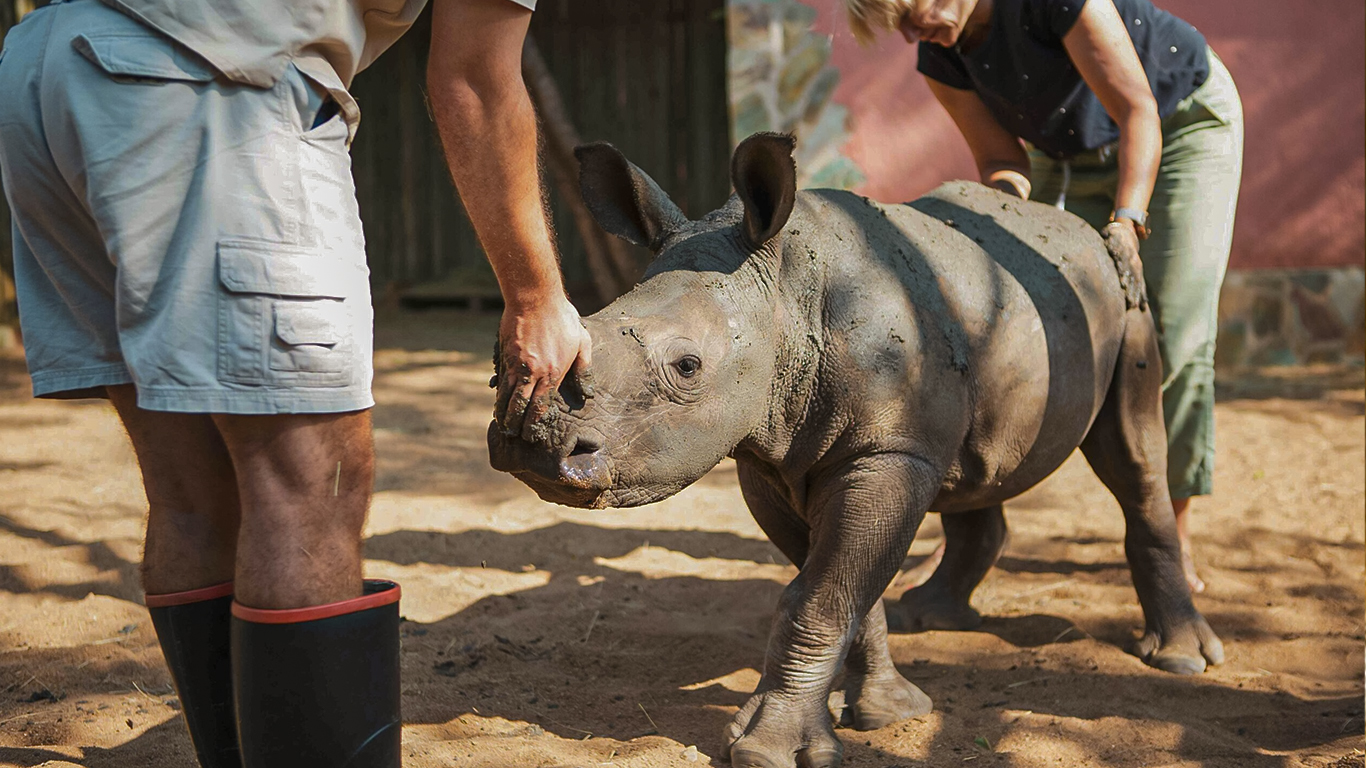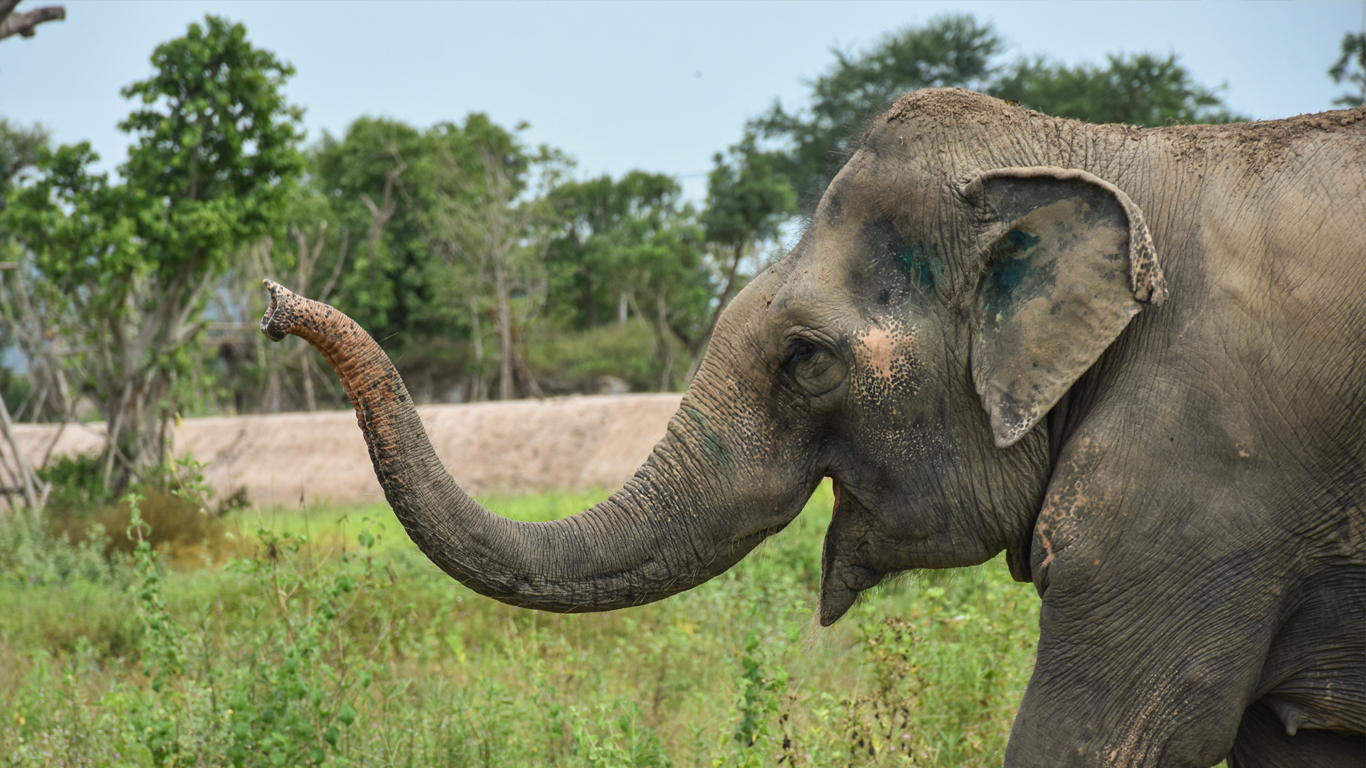Animal Survival International (ASI) works around the globe - and around the clock - to help animals threatened and being pushed to the brink of extinction by the wanton profit-driven destruction of habitats, illegal poaching, pollution of the oceans and degradation of marine ecosystems, and - from droughts to fires to floods - the ever-increasing perils of climate change.
Untold numbers of animal lives are vulnerable to these threats. Although our job becomes more challenging as each day passes, our determination to be there for animals, as the dangers they face multiply, is strengthened knowing that you are behind our life-saving work.
Below are just a few examples of how your donations made a difference this past month…
Algoa Bay, South Africa
Rescuing abandoned, endangered African penguin chicks
Climate change and overfishing are massive problems worldwide. Without immediate action, the consequences for animals may not only be grave - they could be irrevocable.
We recently told you about extreme weather events severely affecting the endangered African penguin colonies of Algoa Bay.
This breeding season, exceptionally harsh weather conditions and food scarcity are threatening penguin chick survival as their parents abandon them to save themselves. We asked you to help us evacuate the chicks to safety.
Thanks to your generosity, and in the nick of time, we were able to rescue hundreds of helpless penguin chicks and airlift them by helicopter to rehabilitation centers, where they will stay until they are strong enough to be released. The little penguins will then be returned to their homes, fit and ready to breed.
Addo, South Africa
Preventing elephant calves from getting stuck in muddy waterholes
The Addo National Park is in the grip of the worst drought in 102 years, and this has led to fatal consequences for young elephants. Waterholes are drying up, leaving muddy pools and steep, eroded slopes - creating death traps for the calves when they try to drink.
The young elephants happily slide down into the mud but then get trapped and find it impossible to free themselves. Using concrete blocks, we lined the waterholes at 45-degree angles to provide the elephants a ramp to easily access the water and safely get out again. We are also working to supply more solar pumps to fill the waterholes (and keep them full) from underground water reserves.
Wajir, Kenya
In Wajir, Kenya, rare reticulated giraffes are being poached by the militant terrorist group, Al-Shabaab. The group sells the meat from the giraffes it kills to purchase more weapons. We appealed to you for support so we could purchase a state-of-the-art anti-poaching drone and protective gear to equip rangers with the tools they need to patrol the area more widely and protect the giraffes. We are pleased to report that we raised enough funds and have now ordered the drone.
Cape Town, South Africa
Rehabilitating turtle hatchlings suffering from plastic ingestion
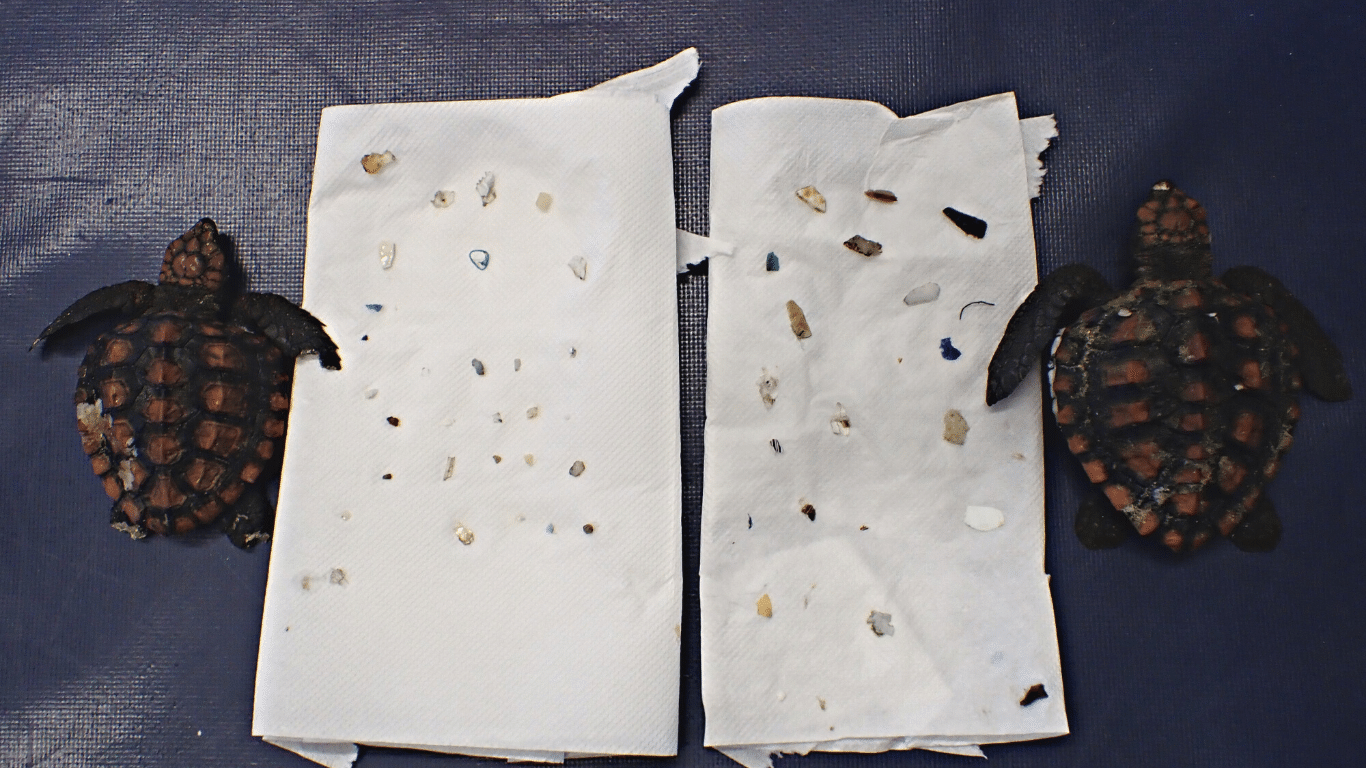
Last year, we told you about sea turtles and the devastating effect plastic waste has when they swallow it, thinking it’s food. We teamed up with the Two Oceans Aquarium Education Foundation to rescue and rehabilitate turtle hatchlings, whose already fragile lives are even more imperiled because the tiny pieces of plastic they swallow can kill them.
Thanks to your support, we provided funds to ensure rescued turtle hatchlings receive the care, safe and nutritious food, and monitoring they need, until they are strong enough to be released back into the ocean.
The Democratic Republic of the Congo
Feeding twenty abandoned lions
At the beginning of this month, ASI received an unusual request to help feed 20 lions abandoned on a farm in the Congo. The farm is owned by a military general who fled the country, leaving behind a pride of lions, three of whom are pregnant. Conserv Congo, in partnership with the Institut Congolais pour la Conservation de la Nature (ICCN), pleaded for our help and we responded.
The immediate top priority, which we are helping to ensure, is that the lions are properly fed so they do not starve to death. The next priority will be to help feed, care and help the young lions when they are born - and we stand ready to help further on that happy occasion.
Once again, your help is visible in the work we’ve done this month. It is thanks to your commitment and generosity that ASI is able to continue to fight back on behalf of the animals.
Image credits: Banner: Charmaine Joubert_The Sun; image 1: Go Eco; image 2: Katharina Hilgers_ wildcard.co.za; image 3: Ami Vitale for National Geographic_ LifeGate_ Facebook; image 4: The Two Oceans Aquarium Education Foundation; image 5: About Animals

